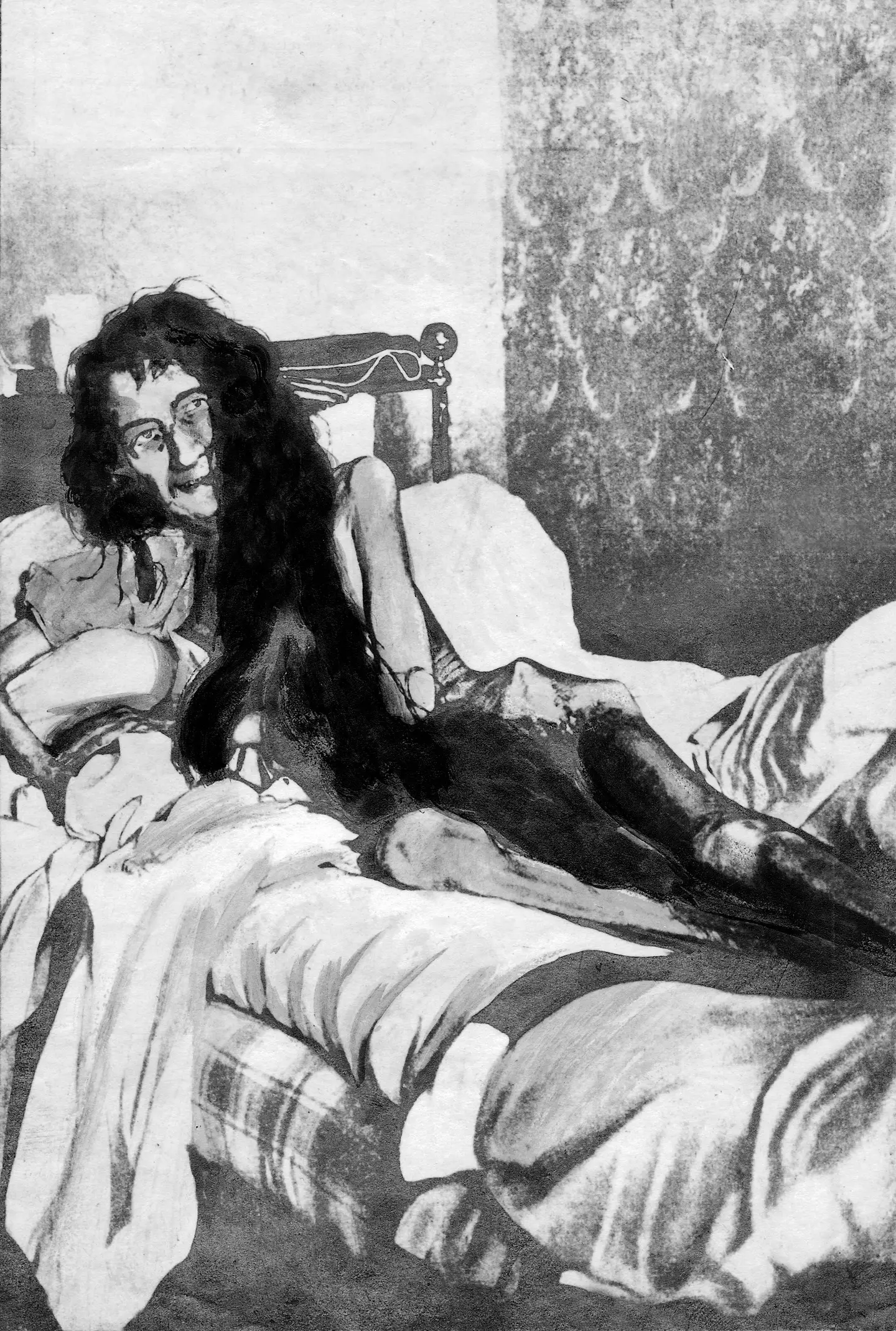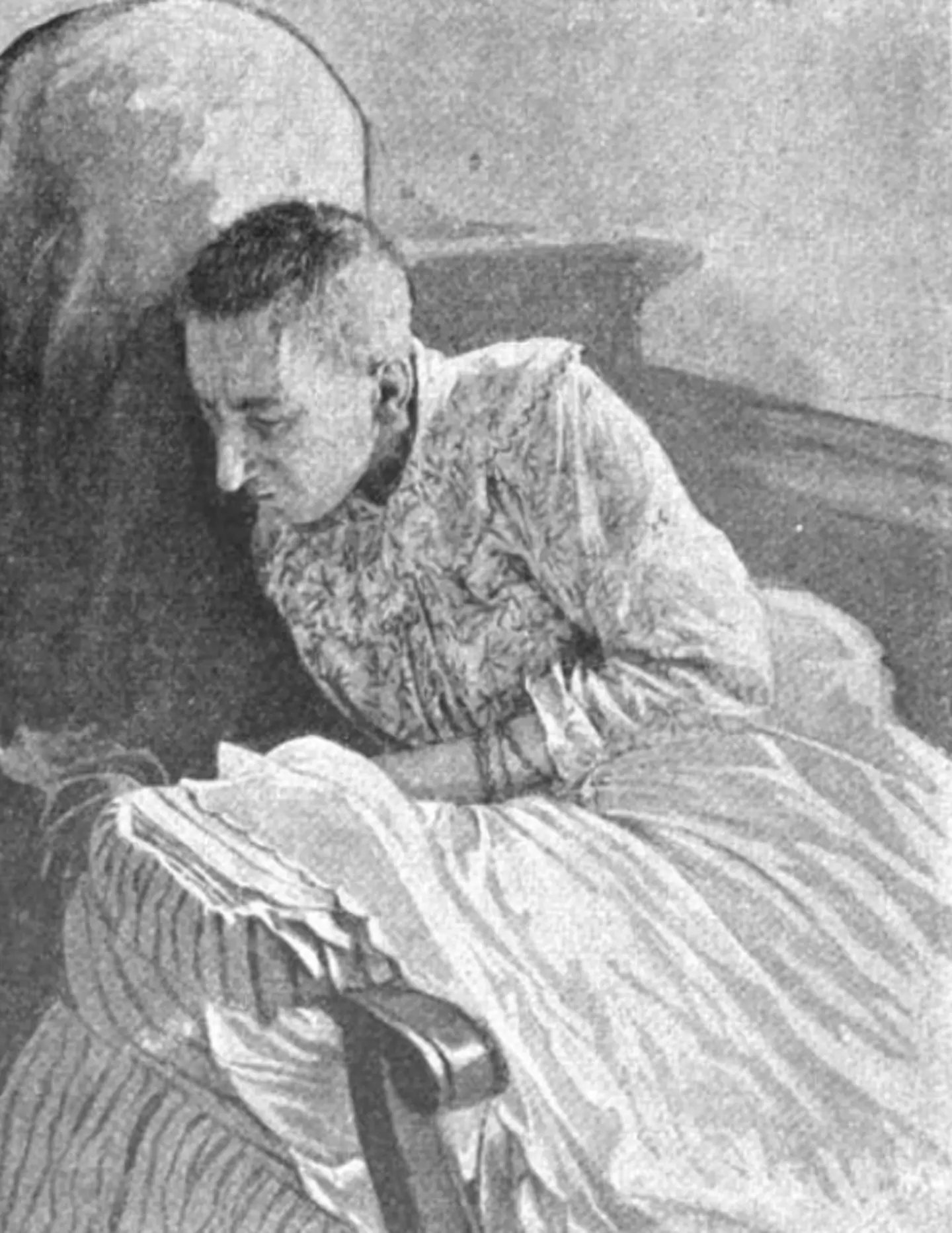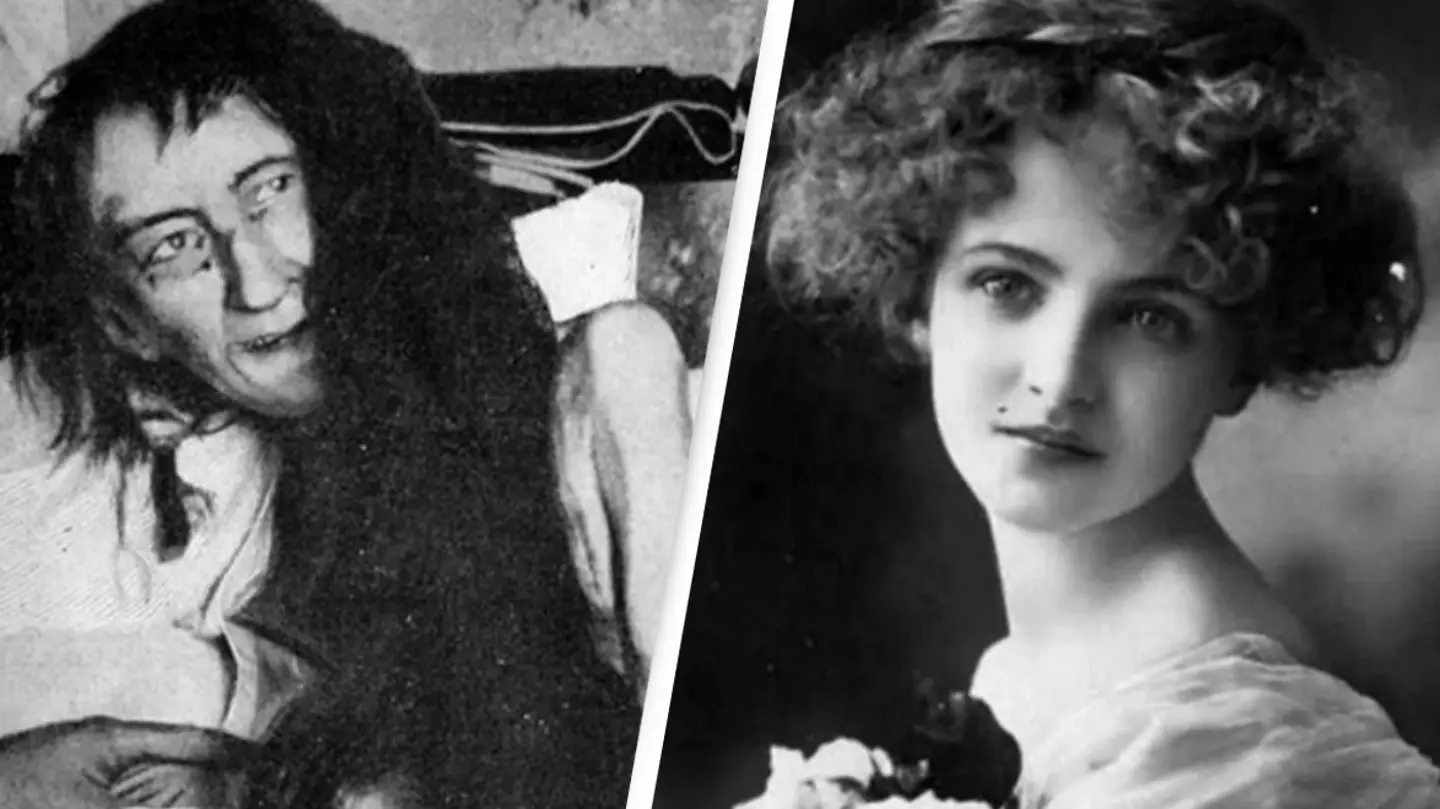Warning: This article contains content which some readers may find distressing.
In a harrowing account of familial betrayal and imprisonment, Blanche Monnier, a French woman, was confined in her own home for 25 years due to a romantic choice that her mother vehemently disapproved of.
Blanche Monnier, born on March 1, 1849, in Poitiers, France, came from a well-established, bourgeois family. The Monniers were a respected household in a three-story manor, noted for their conservative roots which were deeply intertwined with the town’s history.
The family was led by the domineering matriarch Louise, who was intent on her daughter marrying a man of her choosing to preserve the family’s social status.
Despite her mother’s wishes, Blanche rejected numerous potential suitors, leading to tension within the family. In 1876, at the age of 27, Blanche fell in love with an older lawyer considered by her mother to be unsuitable due to his lack of wealth.

Blanche’s relationship with the lawyer, whom her mother disapproved of, did not cease despite her mother’s prohibitions. As whispers of their affair spread through Poitiers, tensions within the household escalated.
In March 1875, following yet another secret meeting with her love, Blanche unexpectedly disappeared. The Monnier family claimed she had been sent to a mental institution due to health issues, a lie that deceived even her lawyer lover, who died without ever learning the truth about her fate.
Contrary to the family’s claims, Blanche was secretly imprisoned within their home. Her captivity was unmasked in 1901 when the Paris Attorney General received an anonymous letter detailing her plight.
The letter, originally penned in French, revealed shocking details: “Monsieur Attorney General: I have the honor to inform you of an exceptionally serious occurrence. I speak of a spinster who is locked up in Madame Monnier’s house, half-starred and living on a putrid litter for the past twenty-five years – in a word, in her own filth.”

Initially skeptical, authorities eventually investigated the Monnier residence. Louise Monnier confessed to the allegations, leading officers to the attic where they discovered Blanche in deplorable conditions.
A policeman recounted finding Blanche “lying completely naked on a rotten straw mattress” in a room filled with “excrement, fragments of meat, vegetables, fish, and rotten bread. We also saw oyster shells and bugs running across Mademoiselle Monnier’s bed. The air was so unbreathable, the odor given off by the room was so rank, that it was impossible for us to stay any longer to proceed with our investigation.”
Blanche was immediately hospitalized, her condition so frail that survival seemed uncertain. Louise defended her actions by claiming that Blanche had suffered a mental breakdown, insisting she did everything possible to care for her.
Louise died 15 days after her arrest, avoiding trial. Her son, Marcel Monnier, Blanche’s brother, was initially found guilty of aiding in her confinement and abuse but was later acquitted on appeal due to mental incapacity, and a then-nonexistent ‘duty to rescue’ clause in French law.
After her rescue, Blanche partially recovered in a hospital. She lived with anorexia nervosa and schizophrenia until her death in a sanitarium on October 13, 1913, at the age of 64.
The chilling story of Blanche Monnier inspired André Gide’s 1930 book, “La Séquestrée de Poitiers,” which, despite changing the names, remained true to the horrific events that unfolded in that Poitiers manor house.

